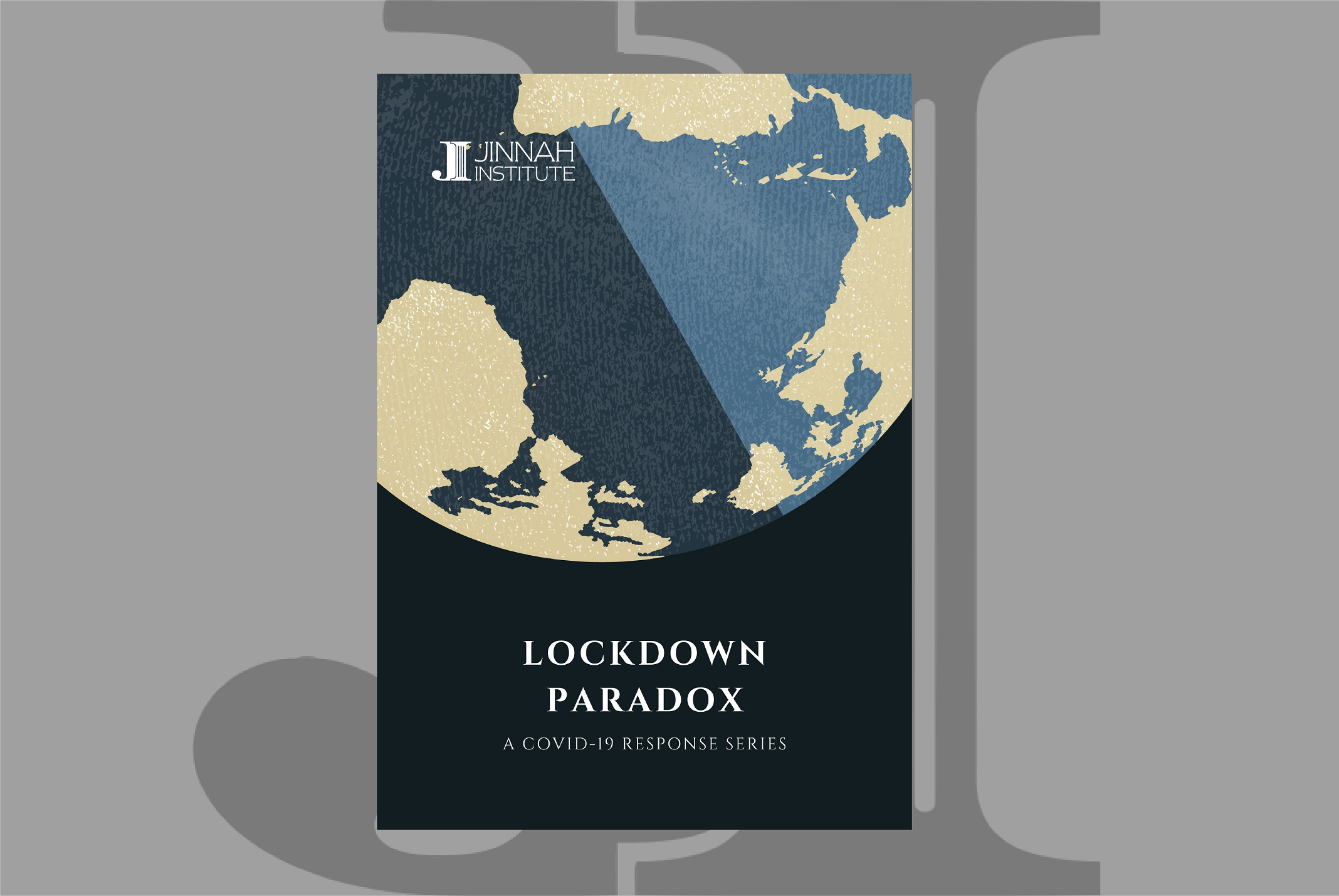COVID-19
Lockdown Paradox
Date: April 27, 2020

Expand Ehsaas, Extend Lockdown
Pakistan’s health crisis could explode, gravely crippling the economy and national security, if the lockdown is lifted prematurely. The whole world is grappling with the lives vs. livelihoods debate. Everyone agrees that in developing countries, the balance should be in favour of livelihoods. At the same time, all epidemiologists fear that non-scientific easing of lockdown is a dangerous strategy. In Pakistan’s case, the debate is driven by the misplaced views of the economic team that “we cannot have a prolonged lockdown as we are poor and can only afford a modest relief program.” A safer option for Pakistan is to expand the Ehsaas and business employment protection programs, follow a smart lockdown for at least another month or so, and as far as practicable, enforce social distancing and wearing of homemade masks in markets.
Extending the lockdown would increase the suffering of poor, and further depress economic activity. To counter that, the Ehsaas program should be significantly expanded. The aim should be to provide Rs. 10,000 per month, for 2-3 months, to at least 90% of all households – around 28 million poor and low-income households, comprising daily wagers, subsistence farmers, and workers of SMEs in retail, service and manufacturing sectors.
In addition, SBP’s loan scheme to encourage businesses for keeping employees on the payroll, must be revised. Around 90% of the 3 million or so retail, service and manufacturing businesses, do not have a loan. They will not borrow now — when the future is so uncertain — when they have never borrowed in good times. The SBP scheme should be turned into an outright unconditional grant scheme, at least for the SMEs.
The proposed program would cost perhaps an additional Rs. 1.5 trillion. Including the already announced program of about Rs. 1 trillion, the total cost would be about Rs 2.5 trillion or 5% of GDP. This level of additional deficit should not be a cause of concern and can be financed through a judicious combination of more public debt and a one-time ‘helicopter money’ financing by SBP.
Out of the box thinking can save lives and livelihoods. No doubt deficits and public debt will balloon, and maybe inflation might increase, but we can correct all the macroeconomic imbalances if we achieve victory over the virus.
The author is a Former Operations Adviser World Bank
____________________________________________
Please note that the views in this publication do not necessarily reflect those of the Jinnah Institute’s Board of Directors, Board of Advisors or management. Unless noted otherwise, all material is property of the Institute. Copyright © Jinnah Institute 2020
